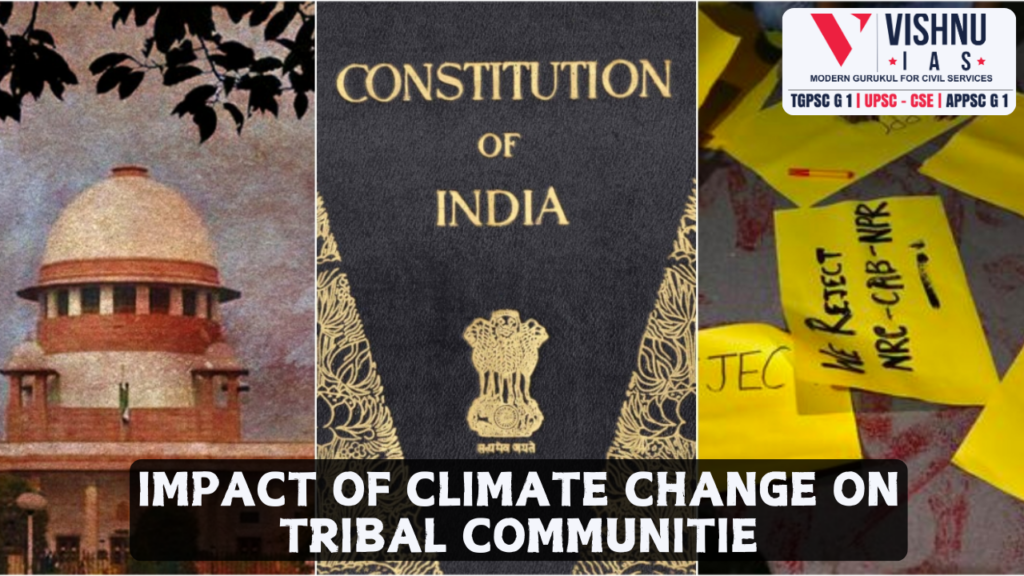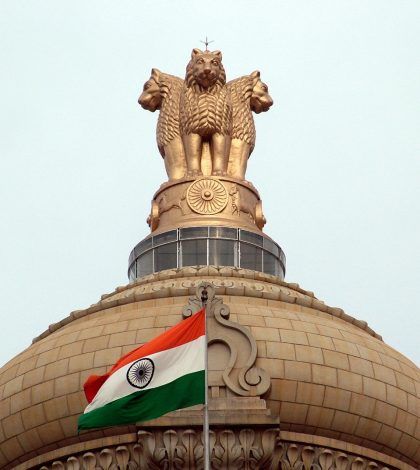Constitutional Safeguards for Backward Classes
Approach
- Introduction: brief note on the Backward Classes
- Body: add their problems with Constitutional Safeguards for Backward Classes with present challenges and limitations
- Conclusion: add its present status
INTRODUCTION
Backward Classes in India refer to a broad category of socially and educationally disadvantaged groups. These include the Scheduled Castes (SCs), Scheduled Tribes (STs), and Other Backward Classes (OBCs). These groups have historically faced social discrimination and economic disadvantages, necessitating special measures for their upliftment.
Categories of Backward Classes
- Scheduled Castes (SCs):These are communities that have faced severe social discrimination and untouchability. They are provided with reservations in education, employment, and political representation to improve their socio-economic status
- Scheduled Tribes (STs):These are indigenous communities that live in remote and forested areas. They are provided with special protections and reservations to preserve their cultural identity and improve their living conditions
- Other Backward Classes (OBCs):This category includes communities that are socially and educationally backward but do not fall under SCs or STs. They are also provided with reservations in education and employment to ensure their development
BODY
Constitutional Safeguards for Backward Classes
The Indian Constitution provides several safeguards to protect the rights and interests of socially and educationally backward classes. These provisions aim to promote social justice and equality, ensuring that backward classes have access to opportunities and resources necessary for their development.
Key Constitutional Provisions
- Article 15(4): Allows the state to make special provisions for the advancement of any socially and educationally backward classes of citizens or for the Scheduled Castes (SCs) and Scheduled Tribes (STs). This includes reservations in educational institutions.
- Article 16(4):Permits the state to make provisions for the reservation of appointments or posts in favour of any backward class of citizens that, in the opinion of the state, is not adequately represented in the services under the state
- Article 46:Mandates the state to promote the educational and economic interests of SCs, STs, and other weaker sections of society and to protect them from social injustice and all forms of exploitation
- Article 340:Empowers the President to appoint a commission to investigate the conditions of socially and educationally backward classes and to recommend steps to improve their status.
- Article 338B:Establishes the National Commission for Backward Classes (NCBC) as a constitutional body. The NCBC is tasked with investigating and monitoring all matters relating to the safeguards provided for backward classes under the Constitution.
- Article 342A:Empowers the President to specify the socially and educationally backward classes in various states and union territories, in consultation with the Governor of the concerned state. Any changes to this list require a law enacted by Parliament.
Problems Related to Backward Classes
Despite these constitutional safeguards, backward classes face several challenges:
- Economic Disparities:Many backward classes continue to face significant economic challenges, including poverty and lack of access to quality education and healthcare. This limits their opportunities for upward mobility.
- Social Discrimination: Social discrimination and exclusion persist, particularly in rural areas. This affects the ability of backward classes to fully benefit from constitutional safeguards
- Political Representation: While there are provisions for political representation, backward classes often face challenges in gaining significant political power and influence
- Implementation Issues:There are often gaps between policy and practice. The effective implementation of safeguards remains a challenge, leading to inadequate representation and benefits for backward classes
- Awareness and Advocacy:There is a need for greater awareness and advocacy to ensure that backward classes are informed about their rights and the available safeguards. This can help in better utilization of the provisions
CONCLUSION
The constitutional safeguards for backward classes are crucial for promoting social justice and equality in India. While significant progress has been made, ongoing efforts are needed to address the challenges and ensure that these provisions effectively benefit the intended groups.
Anthropology Full Course at Vishnu IAS Academy
What does Course Offer?
- 4 Months (250+ Class Hours)
- Online (App + Web) / Offline / Hybrid Mode of Classes
- Live + Recorded Videos Access For 1 Year
- 2 Hour Live Class From Monday to Saturday (1.5 Hours for Class + ½ Hour for Doubt Solving)
- Foundation to Advanced Level of Teaching
- Simple and Integrated Content
- One Stop Solution Books
- Regular Value Added Content
- Current Affairs & Case Studies Modules
- Daily Answer Writing Practice
- Weekly Grand Tests On Sundays & Evaluation With Guidance and Topper Will be Rewarded
- 500+ Model Answers
- 9 AM – 9 PM Support System
- Free GS Current Affairs
- Free Interview Guidance for Anthropology


